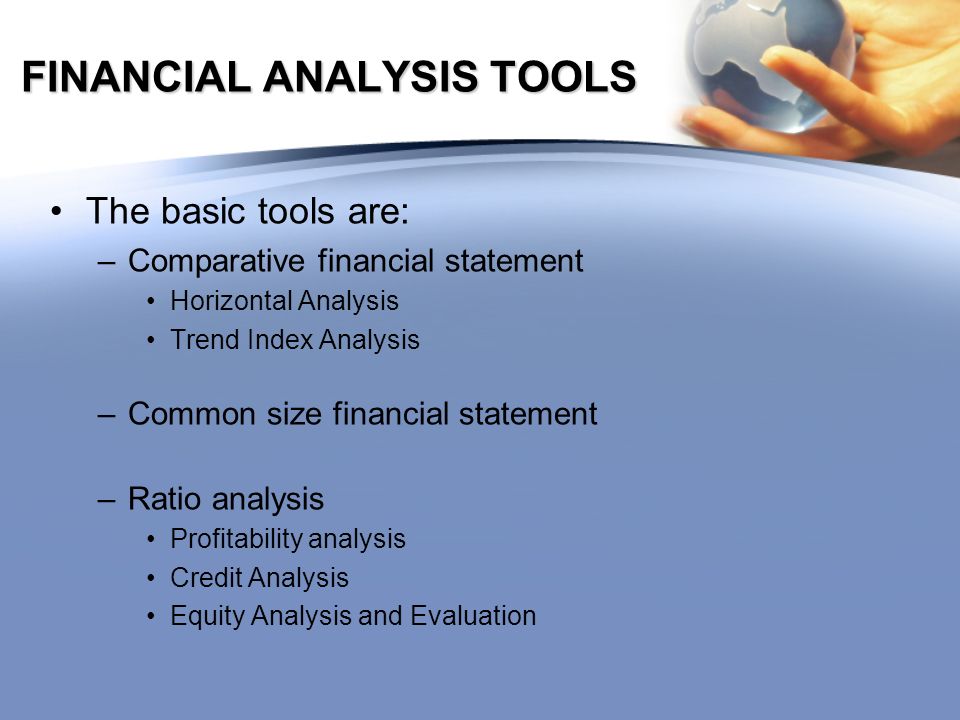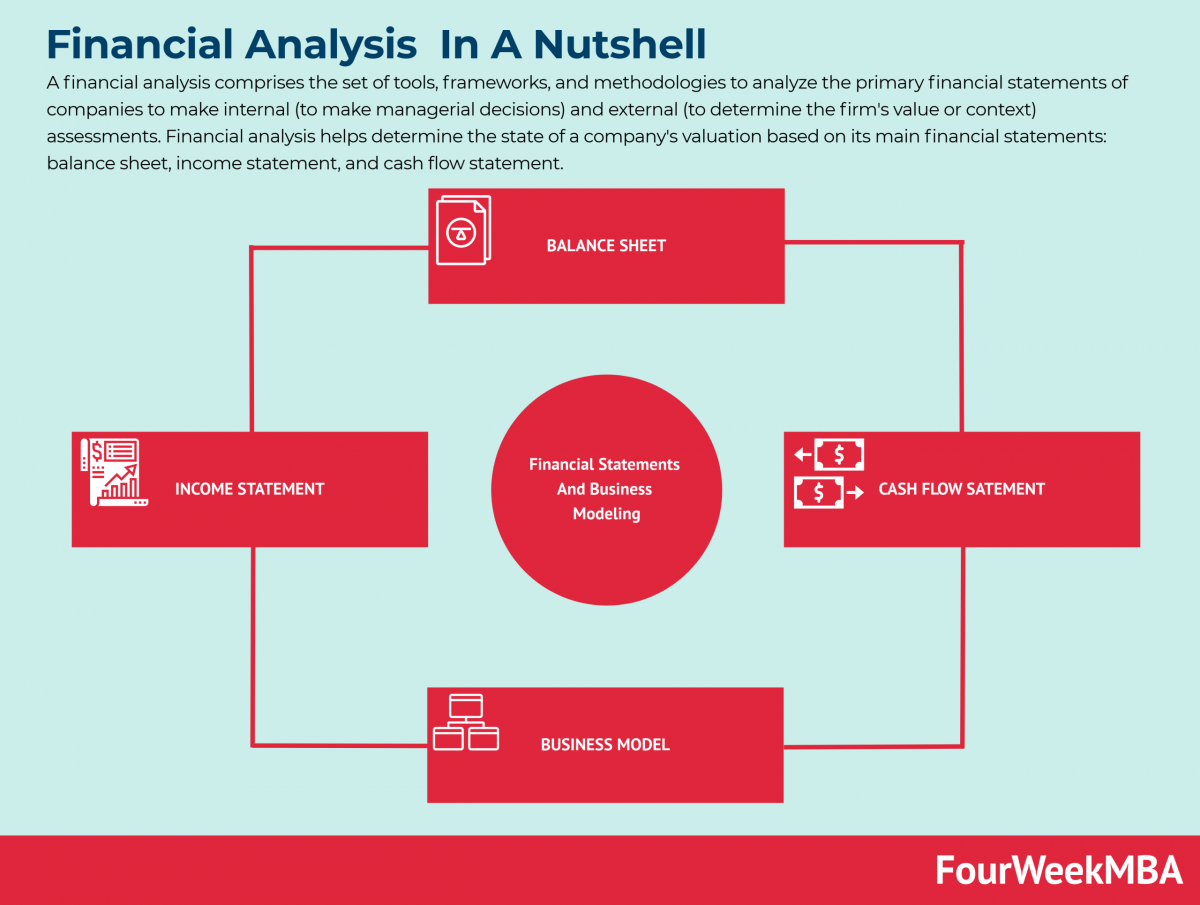What is Basic Financial Analysis?
Understanding the Importance of Financial Analysis
Financial analysis is a crucial component of assessing the performance and viability of a company or organization. It involves evaluating financial statements, key ratios, and other relevant financial information to gain insights into the financial health and stability of an entity. Basic financial analysis helps individuals, investors, and businesses make informed decisions about investments, lending, and overall financial planning. In this article, we will explore the fundamentals of basic financial analysis and its significance in the business world.
Key Components of Financial Analysis
1. Financial Statements
Financial statements are essential documents that provide a comprehensive overview of a company’s financial performance. The three main financial statements are the balance sheet, income statement, and cash flow statement. The balance sheet showcases a company’s assets, liabilities, and shareholders’ equity at a specific point in time. The income statement highlights revenues, expenses, and profitability over a specific period. Lastly, the cash flow statement reveals the inflow and outflow of cash, helping to assess liquidity and solvency.
2. Ratio Analysis
Ratio analysis is a powerful tool in financial analysis that allows for a deeper understanding of a company’s financial performance. Ratios are derived from various financial data points and are used to assess different aspects of a company’s operations. Common ratios include profitability ratios, liquidity ratios, solvency ratios, and efficiency ratios. These ratios help to compare a company’s performance against industry benchmarks or historical trends, providing valuable insights into its financial standing.
3. Trend Analysis
Trend analysis involves examining financial data over a period to identify patterns, tendencies, and changes. By analyzing trends, one can gain insights into the financial performance of a company and identify potential risks and opportunities. This analysis can be conducted on key financial metrics such as revenue growth, net income, or operating expenses. It helps to understand if a company is improving or deteriorating over time and if its financial strategies are effective.

What is basic financial analysis?
Benefits of Basic Financial Analysis
1. Evaluating Financial Stability
Financial analysis enables individuals and organizations to assess the stability and sustainability of a company’s financial position. By examining the balance sheet, income statement, and cash flow statement, analysts can determine if a company has sufficient assets to cover its liabilities, if it generates enough revenue to cover expenses, and if it has a positive cash flow. This evaluation helps in identifying potential risks and making informed decisions regarding investments, partnerships, or lending.
2. Identifying Growth Opportunities
Basic financial examination helps in identifying growth opportunities for businesses. By analyzing revenue growth rates, profitability ratios, and trends in key financial metrics, analysts can assess a company’s potential for expansion. This analysis helps organizations make strategic decisions regarding market expansion, product development, or capital allocation to maximize growth prospects.
3. Making Informed Investment Decisions
Financial examination plays a crucial role in investment decision-making. Investors analyze financial statements, ratios, and trends to evaluate the financial performance and potential of a company. This analysis helps investors determine the fair value of a stock or a company and make informed decisions about buying or selling securities. It also helps investors assess the risks associated with an investment and decide whether the potential returns justify the risks involved.
4. Enhancing Financial Planning
Basic monetary analysis provides valuable insights for effective financial planning. By analyzing historical monetary data, organizations can forecast future cash flows, revenues, and expenses. This analysis aids in setting realistic monetary goals, creating budgets, and formulating strategies to achieve those goals. Financial planning based on sound analysis helps businesses allocate resources effectively, manage risks, and optimize overall financial performance. For basic bookkeeping service in ashfield see here.
Conclusion
Basic monetary examination is an essential tool for individuals, investors, and businesses to assess the financial health and stability of an organization. By examining monetary statements, conducting ratio examination , and analyzing trends, one can gain valuable insights into a company’s performance and make informed decisions. Financial examination aids in evaluating financial stability, identifying growth opportunities, making investment decisions, and enhancing financial planning. By leveraging the power of basic financial examinatio, stakeholders can navigate the complex financial landscape with confidence and maximize their chances of success.


